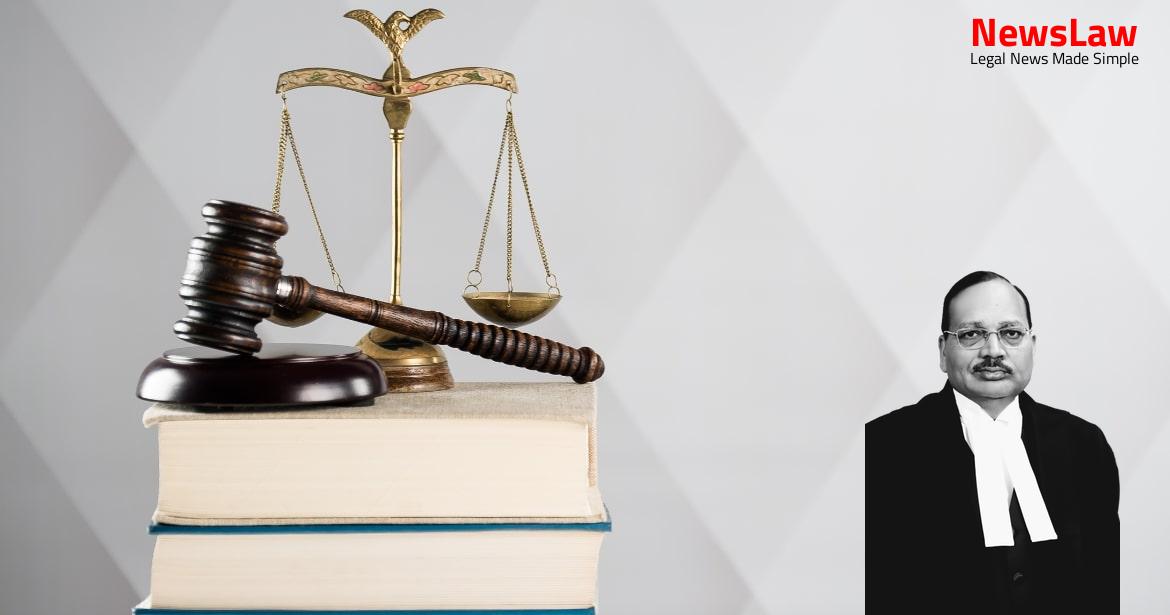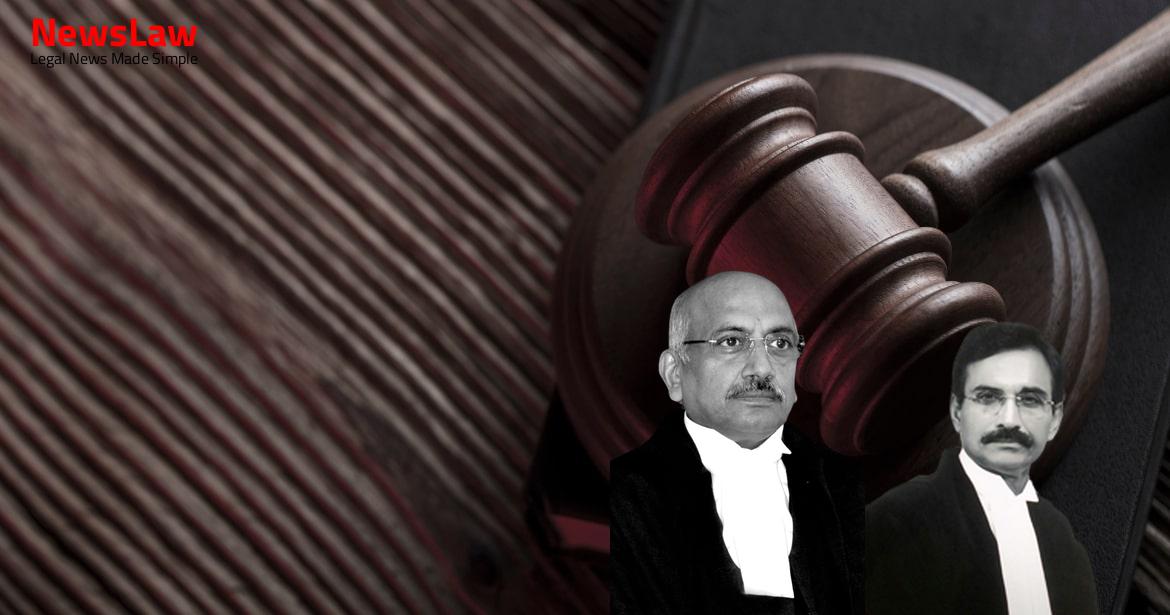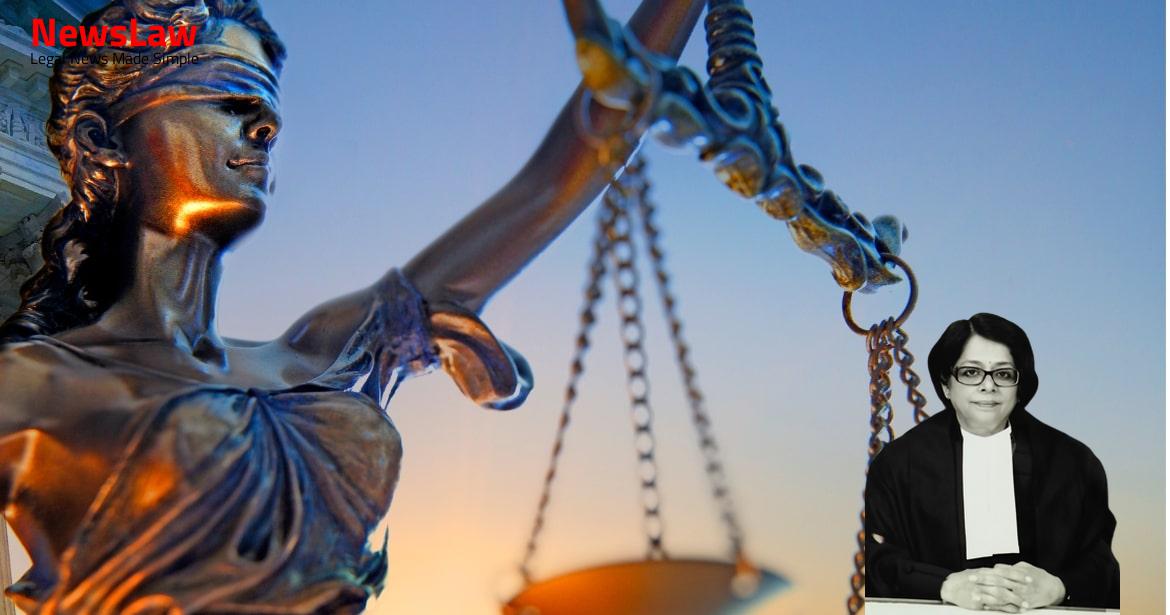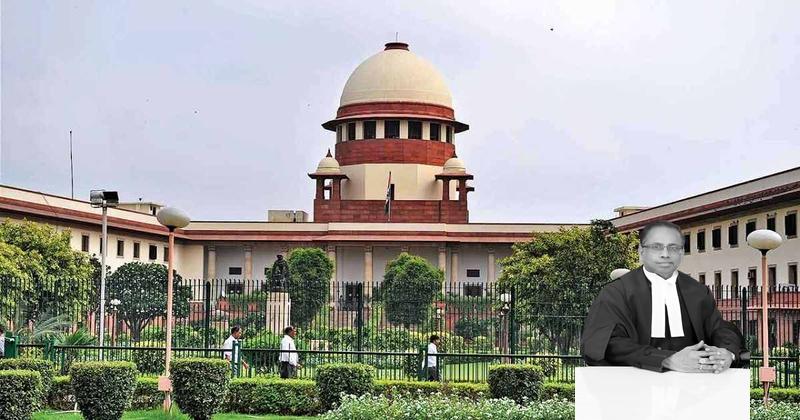In the case of State of Kerala vs. Union of India, the Plaintiff – State of Kerala, challenges the actions of the Defendant – Union of India, regarding fiscal responsibility and state borrowing limits. The lawsuit raises significant questions on Indian federalism and the regulation of state borrowings. Stay tuned for more insights on this complex legal battle.
Facts
- The Parliament has amended Section 4 of the Fiscal Responsibility and Budget Management Act in 2003.
- The Central Government must ensure that the aggregate debt of the Central Government and State Governments does not exceed sixty percent of the GDP by the end of FY 2024-25.
- A ‘Net Borrowing Ceiling’ was imposed on the State of Kerala to limit its borrowing capacity to three percent of the projected GSDP for FY 2023-24, totaling INR 32,442 crores.
- The Net Borrowing Ceiling also applies to certain borrowings by State-Owned Enterprises.
- The Defendant consented to the Plaintiff State to raise open market borrowing of INR 1,330 crores, with a total allowance of INR 21,852 crores for FY 2023-24.
- The State of Kerala filed an Original Suit under Article 131 of the Indian Constitution against the Union of India, challenging the actions taken by the Union that allegedly exceeded its power under Article 293 of the Constitution relating to State borrowing limits.
Also Read: R.C. Sabharwal vs. Income Tax Department
Issue
- Is fiscal decentralization an aspect of Indian Federalism?
- Do the Impugned Actions taken by the Defendant violate the Principles of Federalism?
- Are the Impugned Actions violative of Article 14 of the Constitution due to differential treatment?
- What has been the past practice regarding regulation of the Plaintiff’s borrowing by the Defendant?
- Can the past restrictive practices regarding Plaintiff’s borrowing estop the Plaintiff from bringing the present suit?
- Is there ‘manifest arbitrariness’ involved in the Impugned Actions?
Also Read: KNNL vs. Land Owners: Land Acquisition Compensation Dispute
Arguments
- The Plaintiff has applied for an injunction to undo the imposition of the Net Borrowing Ceiling and to restore the position that existed before such ceiling.
- The Plaintiff is required to meet a higher standard for the triple-test of interim relief.
- The State has not under-utilized but over-utilized its borrowing capacity according to the ASG.
- The Plaintiff has raised various substantive questions of constitutional interpretation.
- The fiscal deficit for 2023-24 is 3% of GSDP, and the State argues they should be allowed full borrowing without restrictions.
- The term ‘prima facie case’ signifies at first sight the plaintiff has a strong case.
- Under the recommendations of the 15 Finance Commission, the State is entitled to borrow up to the maximum permissible fiscal deficit for the year.
- The Plaintiff argues they have under-utilized the permissible borrowing space in the last three financial years.
- The matter is directed to be placed before the Chief Justice of India for the constitution of an appropriate Bench to address the identified questions and issues.
- The Plaintiff contends that even going by the Union’s stand, the under-utilized space for the said period borrowings should be allowed.
- Learned ASG argued that the Plaintiff – State is wrong in contending that deductions can only be made within the award period of the 14 Finance Commission.
- Adjustments for over-borrowings of previous years were made for the fiscal years 2021-22, 2022-23, and 2023-24.
- Plaintiff – State has not demonstrated fiscal space to borrow after adjusting over-borrowings.
- Union argues that deductions for over-utilization are permissible in the succeeding year even beyond the award period of the 14 Finance Commission.
- Prima facie acceptance of Union’s argument on permissible deductions for over-utilization.
- Current borrowing claims not tenable based on Plaintiff’s contentions.
- Difference in mechanism for under-utilization and over-utilization of borrowing.
- State was aware of correct legal position on over-borrowings and acquiesced in adjustments.
- Plaintiff’s restrictive interpretation of Article 293 contested by Defendant.
- Defendant argues for inclusion of off-budget borrowings in Article 293 conditions.
- Plaintiff cannot argue irrelevance of over-borrowings once the period for the 15 Finance Commission has set in.
Also Read: U.P. Avas Evam Vikas Parishad v. Chandrika & Ors.
Analysis
- Plaintiff-State seeks interim injunction to restore the position before Defendant imposed borrowing ceiling.
- Plaintiff argues Union of India lacks power to regulate all State borrowings under Article 293 of the Constitution.
- Plaintiff urgently needs INR 26,226 crores for budgetary obligations.
- Plaintiff claims under-utilized borrowing space should be allowed now.
- Defendant contends national interest allows regulation of State borrowings.
- Defendant argues liabilities from Public Account and State-Owned enterprises can be counted in State borrowings.
- The suit raises questions on interpretation of Article 293 regarding State borrowing rights and regulation by Union government.
- Three cardinal factors in Indian jurisprudence: Prima facie case, Balance of convenience, Irreparable injury
- Distinguishing between prohibitory and mandatory injunctions
- Prohibitory injunctions restrain, mandatory injunctions compel
- Prohibitory injunctions are forward-looking, mandatory injunctions are backward-looking
- Mandatory injunctions carry graver risks for defendants
- Illustrative example of construction dispute
- References to legal cases for further understanding
- The Plaintiff – State has failed to establish a strong case for an interim injunction.
- The Defendant – Union of India has raised concerns about the adverse effects on the fiscal health of the country if the Plaintiff is granted interim relief.
- The Court is cautious in granting mandatory injunctions and requires a stronger case from the plaintiff.
- State debt appears to taper off gradually after 2022-23 according to indicative debt paths.
- The Act emphasizes fiscal responsibility and sustainable debt management.
- The Plaintiff has not demonstrated a prima facie case for the interim relief.
- I.A. No 6149 of 2024 is disposed off as the Plaintiff has secured substantial relief.
- The Plaintiff – State of Kerala – failed to establish a prima facie case, balance of convenience, and irreparable injury.
- State of Kerala is not entitled to the interim injunction as prayed for.
Decision
- Observations made are for the purpose of deciding the prayer for ad-interim injunction
- Observations have no bearing on the final outcome of the Original Suit
Case Title: THE STATE OF KERALA Vs. UNION OF INDIA (2024 INSC 253)
Case Number: ORGNL.SUIT No.-000001 / 2024



